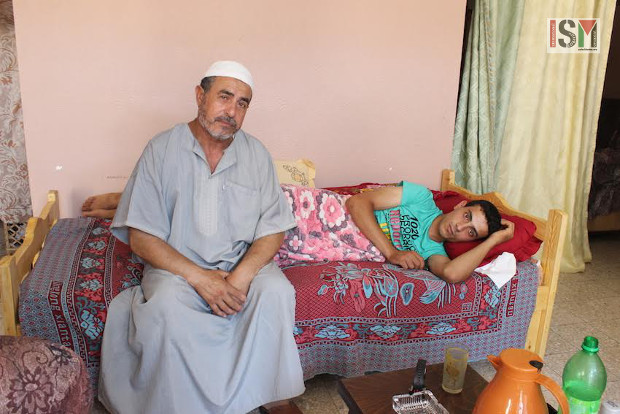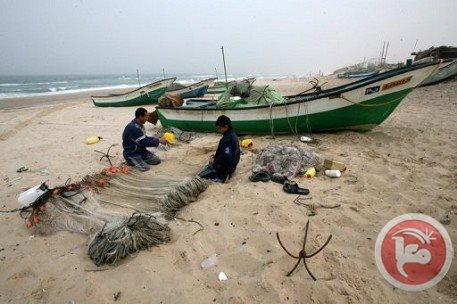Tag: Israeli Navy
-
Gaza’s fishermen under constant attack by Israeli warships
27th July 2015 | International Solidarity Movement, Gaza Team | Gaza, Occupied Palestine Ahmed: “Once I recover I’ll go fishing again…” Ismail (Ahmed’s father): “No, you won’t! That’s enough…” As Ismail tells ISM, “the occupation establishes the fishing limits according to the season. When there’s fish within 3-6 miles they don’t let us go further…
-
PCHR report: Israeli attacks on fishermen in the Gaza Sea
22nd October 2014 | Palestinian Centre for Human Rights | Gaza, Occupied Palestine Israeli Naval forces continued to carry out attacks on Palestinian fishermen in the Gaza Strip during the reporting period (1 – 30 September 2014), including 18 shooting incidents that resulted in the injury of a fishermen while fishing; 4 chasing incidents that led…
-
Two Palestinian fishermen arrested in Gaza waters and their boat confiscated
28th May 2013 | International Solidarity Movement, Gaza Team | Gaza, Occupied Palestine Mahmoud Mohammed Zayed, 25, and his brother Khaled, 24, are two young fishermen of Gaza. At about 9pm on Sunday, May 19th 2013, they were fishing on their small rowing boat in the waters north of the Gaza Strip, in front of…


